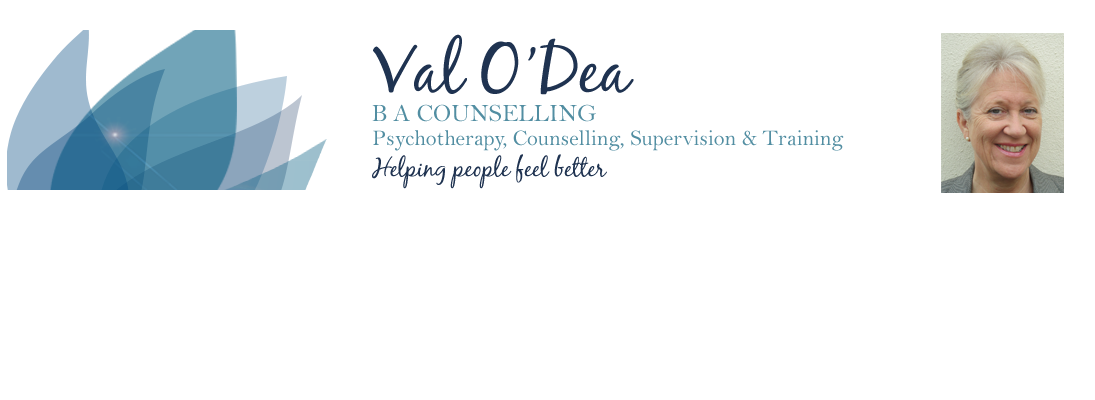FAQ's
– I won’t judge you and I won’t tell you what to do – but I will stay with you if you feel stuck. That’s what makes therapy so liberating, therapeutic and effective.
– I won’t rescue you but I will support you and help you to help yourself.
– I won’t make you say anything but I will be there for whatever you want to share with me.
– I won’t tell you how to feel but I will not argue with how you do feel.
– I will respect your privacy, dignity, autonomy and confidentiality.
– I aim to offer you sincerity, empathy and authenticity.
– In counseling jargon terms, I work in an ‘integrated’ way within a ‘Humanistic’ model.
I will invite you to agree a contract with me which protects your confidentiality and confirms how we will work together. Evidence suggests that counselling and psychotherapy is most effective when the counsellor and client are clear on how they are working together.
Sessions last for 50 minutes.
We’ll look at our diaries and normally attempt to arrange sessions on a regular basis. Many people feel helped after one session, most commit to between six and twelve sessions and very occasionally, far longer term therapy and counselling is required for people with multiple and deep seated issues.
At the first session, we’ll explore your needs and your questions and agree a way of working together.
Session fee is £80 payable upon booking first session and in advance for further sessions.
Group and Organisational therapy fees – by arrangement, please contact Val.
Zoom invites are sent in advance of your session.
All professional counsellors work to a Code of Ethics which are designed to give maximum protection and benefit to the client.
I choose the British Association for Counselling and Psychotherapy (BACP) Ethical framework, which embraces a set of values, moral qualities and principles such as trustworthiness, autonomy and justice.
Full details of the code can be seen on the BACP website.
https://www.bacp.co.uk/events-and-resources/ethics-and-standards/ethical-framework-for-the-counselling-professions/
As a member of the BACP, I take these ethics seriously – I can, quite rightly, loose my membership if I break the code.
Counselling is confidential however I do invite clients to comment on how they have experienced me and therapy. Below is a sample of some feedback.
“No one has ever ‘got me’ before. Val did”
– Helen
“Val has such a calm voice and presence that it was hard to remain stressed out”
– Tracy
“I feel free for the first time in my life. Thank you Val”
– Anthony
“Its hard to put into words, but I knew I could trust you and could tell you my inner most thoughts and feelings which I’d never told anyone else”
– Raj
“You helped me accept redundancy and saved my marriage – and I thought counseling wouldn’t be for me !”
– Chris
Contact Me
Tel: 01252 336114
